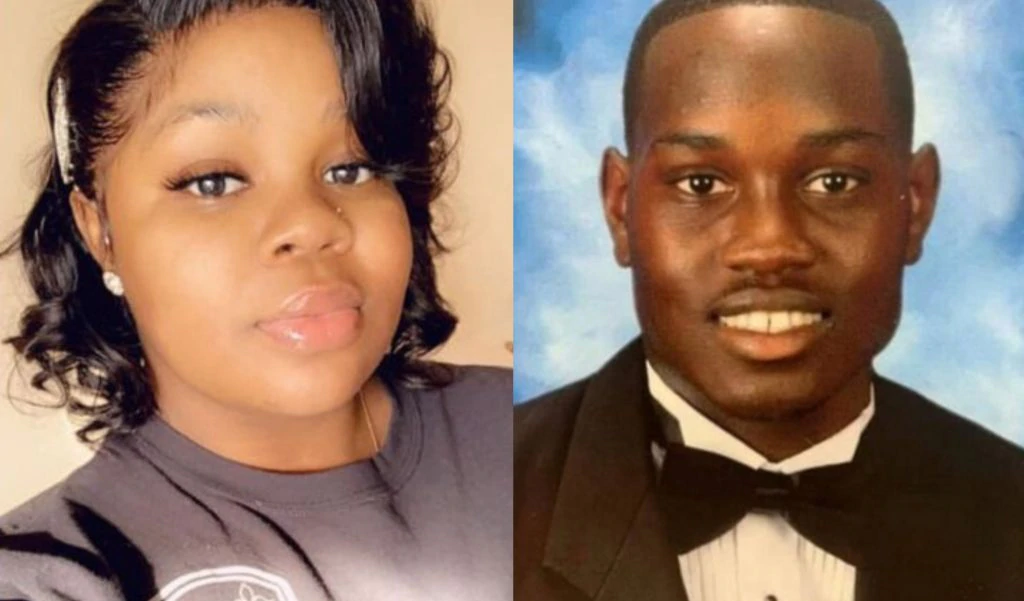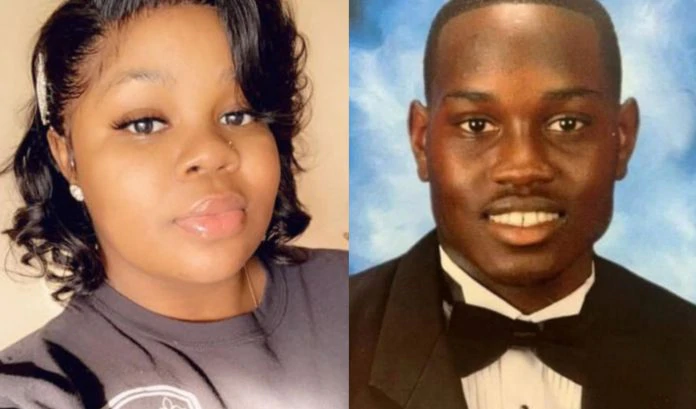[ad_1]
As outrage, fear and angst bubble up in Georgia and, now, Kentucky over the grisly murders of Ahmaud Arbery and Breonna Taylor, one question fails to appear in the broader dialogue: How will these tragedies impact the 2020 elections?
We can’t do anything for “the culture” about either case if we’re not engaged in a targeted political strike on three Senate seats, helping Democrats retake the Senate and (just maybe), grabbing 24 electoral college votes that flip two Southern states from reliably red to blue in an end to the current White House madness.
READ MORE: Note left at Ahmaud Arbery’s death site: ‘I should have stopped them’
To the novice political observer or those folks who detest politics altogether, the question seems irrelevant. To some, it may seem off-putting, if not disrespectful: “WTF you mean politics?”
But, it’s very relevant.
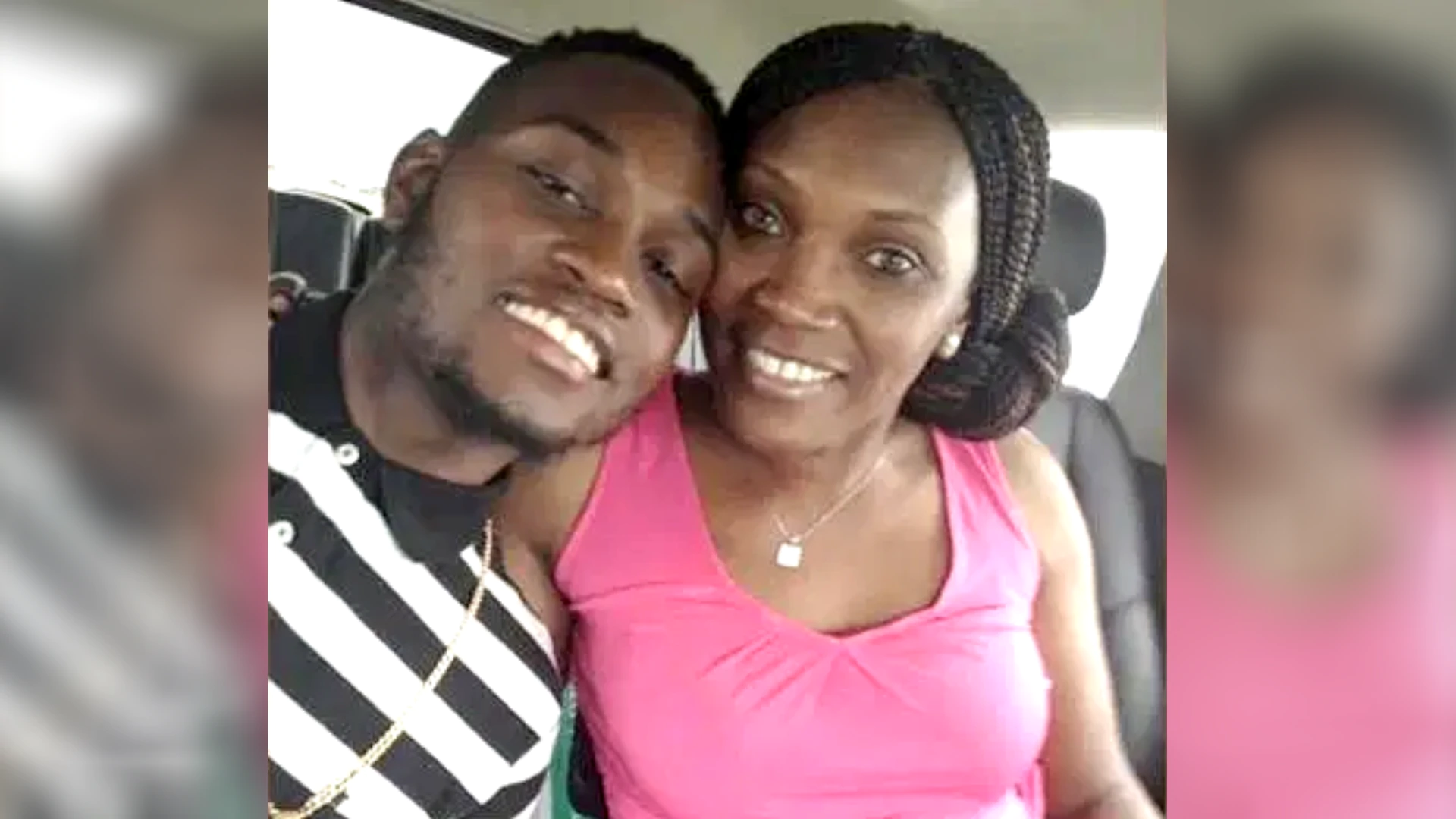
In fact, it absolutely determines the path and outcome of these cases, and where the rest of us end up in the meantime. Whether we accept it or not, the political dimensions are there, the very raw emotional elements in these conversations are already tipping off a general outcry for justice and retribution.
We can’t arrive at either with just hashtags, protest tears or fist pumps in the lockdown confines of our homes. Achieving both will be the result of pressures applied from an aligned mix of strategically calibrated protest, mass voter mobilization, and decisive election wins that lead to the dramatic policy (and personnel) changes needed for redress.
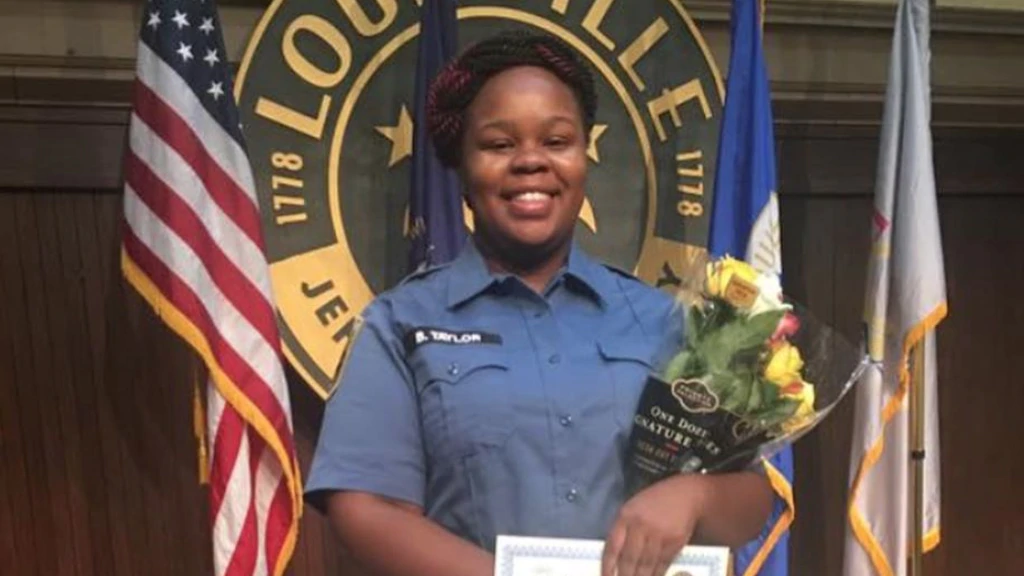
In the cases of Arbery and Taylor, Black people, Black organizers and Black voters should be retaliating through the polls. Many in the advocacy space are looking for these tragedies to spark awareness and a national movement — there is no bigger tipping-point opportunity than these here 2020 elections.
There’s little doubt that the very unapologetic upward trend of vicious violence against Black people has accelerated since the election of Trump in 2016. Racist perpetrators have long felt protected behind a shield of privilege and white supremacy; but, now, they’ve felt emboldened when folks at the very top of government legitimize it.
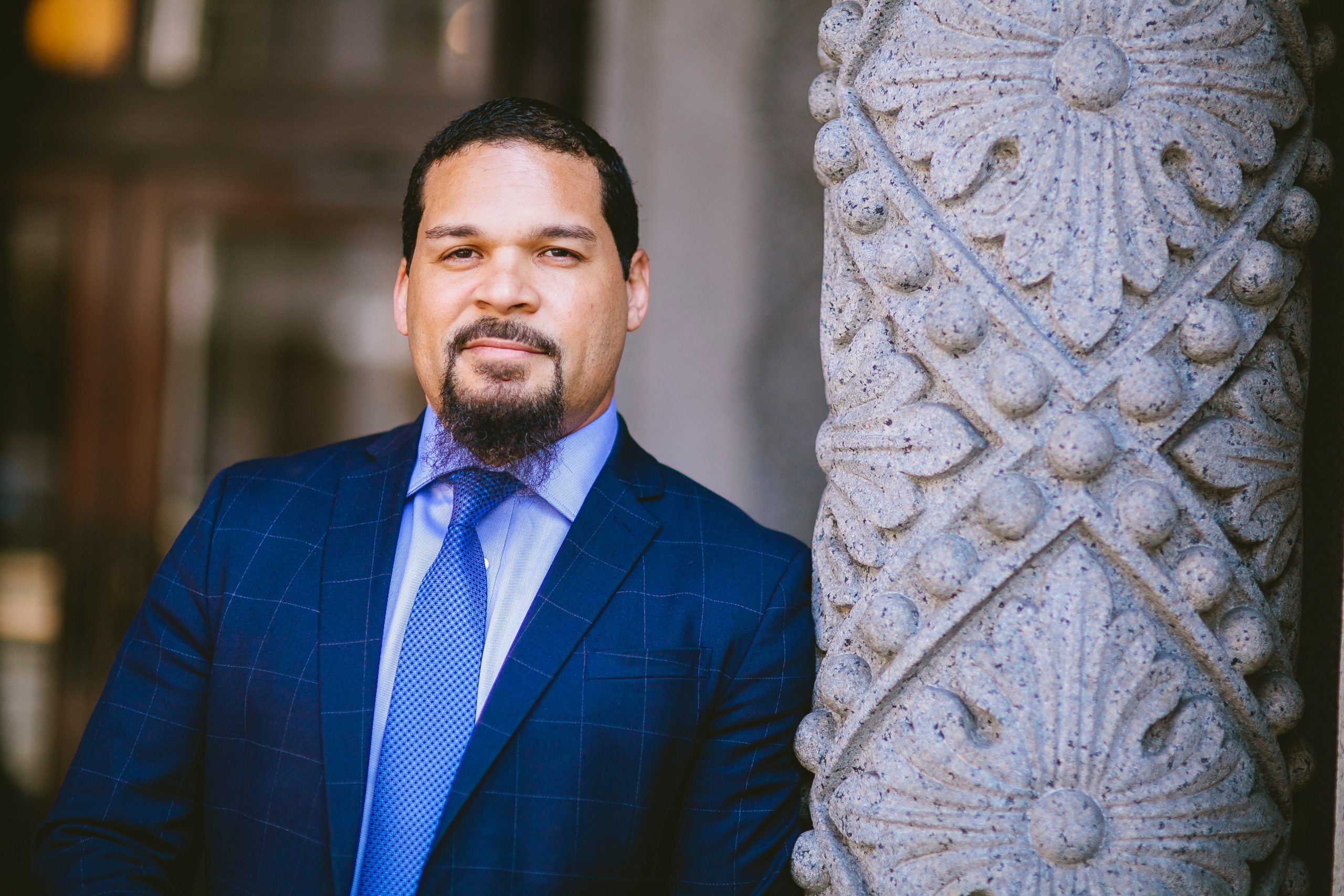
One immediate and not-so-complicated fix is, simply, having every last available, eligible and registered Black voter laser-focused on not only removing Trump from office but also destroying Republican control of the Senate.
The greatest existential threat to Republicans, conservatives and the highly-organized white nationalist ecosystem supporting them is to suffer defeat in elections. Even Senate Majority Leader Mitch McConnell (R-KY), who sits atop that ecosystem, said it himself: “In this country when you win the election you get to make policy. Winners make policy and losers go home.”
READ MORE: Mitch McConnell forgets Obama gave Trump coronavirus playbook; Dems remind him
McConnell is very much correct — and very much up for re-election himself, in Kentucky, in 2020. This is why Breonna Taylor’s memory should channel Kentucky voter energy in every conceivable way to defeat him. While immediate response will be sought after on the local and state level, reporters, activists and organizers should be badgering McConnell with questions about the Taylor case. What does he think about unarmed fellow Kentuckians being unjustly murdered by police in their own homes?
Republicans did the once inconceivable when they defeated then Democrat and Senate Majority Leader Tom Daschle (D-SD) in 2004. Democrats shouldn’t think it’s impossible to do the same thing to McConnell 16 years later — and harnessing the spirit of Taylor to do just that.

Black residents account for 10 percent of Kentucky’s statewide population, yet during McConnell’s last race in 2014, they were just 8 percent of the statewide electorate (voting 90 percent for his Democratic challenger Alison Lundergan Grimes).
Recent polls show him either tied or barely scraping out a victory against likely Democratic challenger Amy McGrath (who will still have to win a primary against two rivals on June 23, including a Black State Representative Charles Booker). But, untapped pockets of Black voters in places like Louisville helped recently elected Gov. Andy Beshear (D-KY) best the Republican incumbent last year.
READ MORE: Tupac Shakur gets apology after governor accuses him of unemployment fraud
Similar opportunities are available in the form of not just one, but two U.S. Senate seats in Georgia — and in a state that’s 34 percent Black. Black turnout will be key in snatching both seats away from current Republican incumbents Sen. Kelly Loeffler (R-GA) (who’s already under fire for dumping stocks related to coronavirus) and Sen. David Purdue (R-GA).
During Stacey Abrams‘ ugly loss-by-theft to current Gov. Brian Kemp (R-GA) in that state’s 2018 gubernatorial election, Black voters were 31 percent of the overall electorate and voted 94 percent for Abrams. But, the turnout didn’t match the population: if Black Georgians represent 34 percent of the population, where’s the 3 percent?
The Arbery case could present a mobilization moment, along with the fact that Black Georgians are also 41 percent of all statewide COVID-19 cases and more than half of all COVID-19 deaths. Democrats, along with aligned movements, should get focused and help energize the untapped voters; the ones who weren’t purged or had their vote suppressed and had every opportunity to make it to the polls in 2018.
Candidates, strategists and organizers should look to the brutal shootings in Louisville and Brunswick as flash points to mobilize existing Black voters and activating brand new ones in 2020. The law will proceed as planned, court hearings will happen as prosecutors and defense lawyers clash. That will take a while.
A more immediate step is to honor the memories of Ahmaud and Breonna with clear political action versus the impatience of a microwave movement. We can send a clear message that this violence won’t be tolerated and that all responsible parties will be punished, in the court of law and in the corridors of power.
 Charles Ellison is a veteran political strategist and Executive Producer/Host of “Reality Check” on WURD radio in Philadelphia. He is also Publisher of theBEnote, Contributing Editor for The Philadelphia Citizen and Principal of B|E Strategy. He can be engaged @ellisonreport on Twitter.
Charles Ellison is a veteran political strategist and Executive Producer/Host of “Reality Check” on WURD radio in Philadelphia. He is also Publisher of theBEnote, Contributing Editor for The Philadelphia Citizen and Principal of B|E Strategy. He can be engaged @ellisonreport on Twitter.
[ad_2]
Source link

